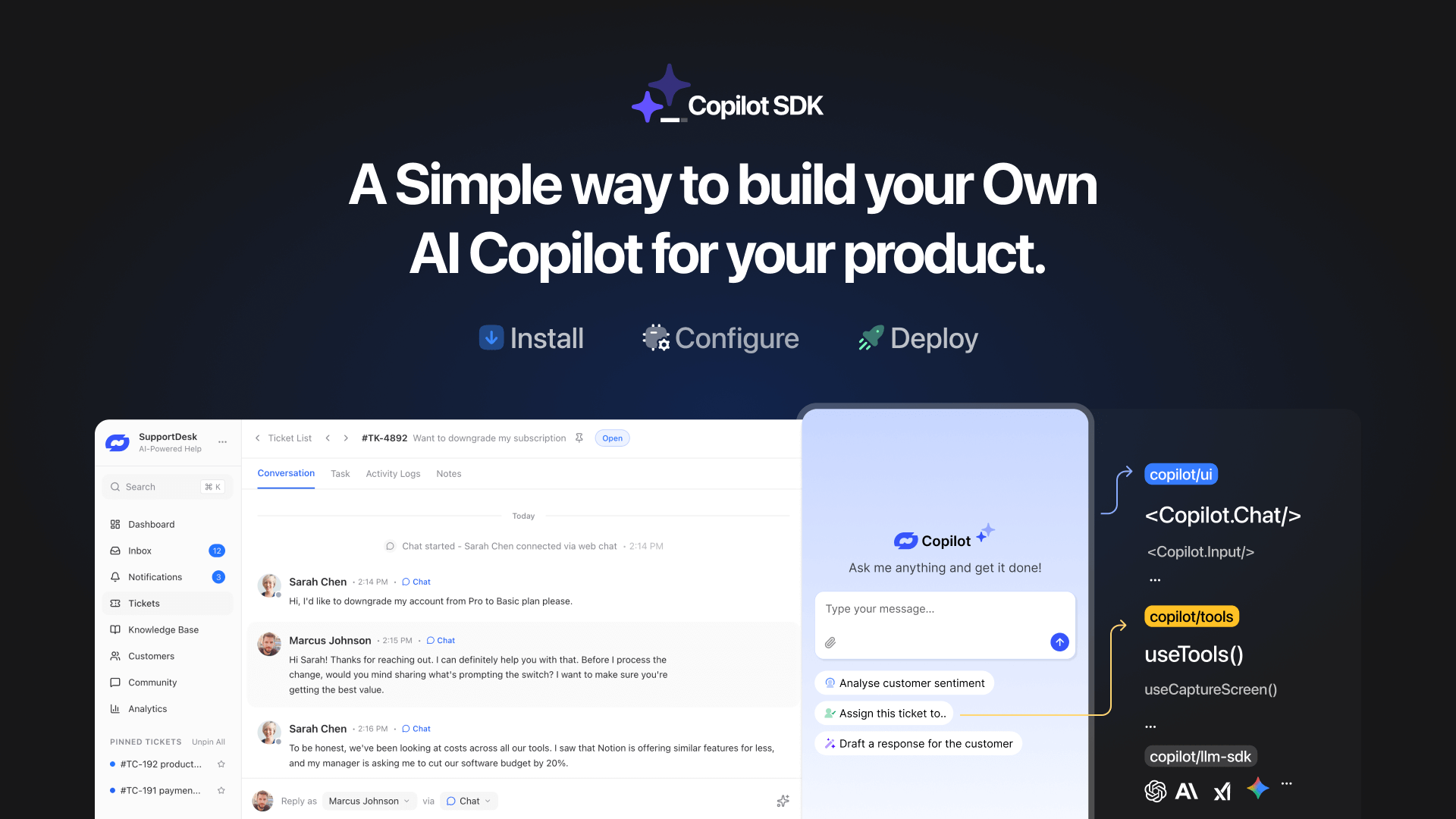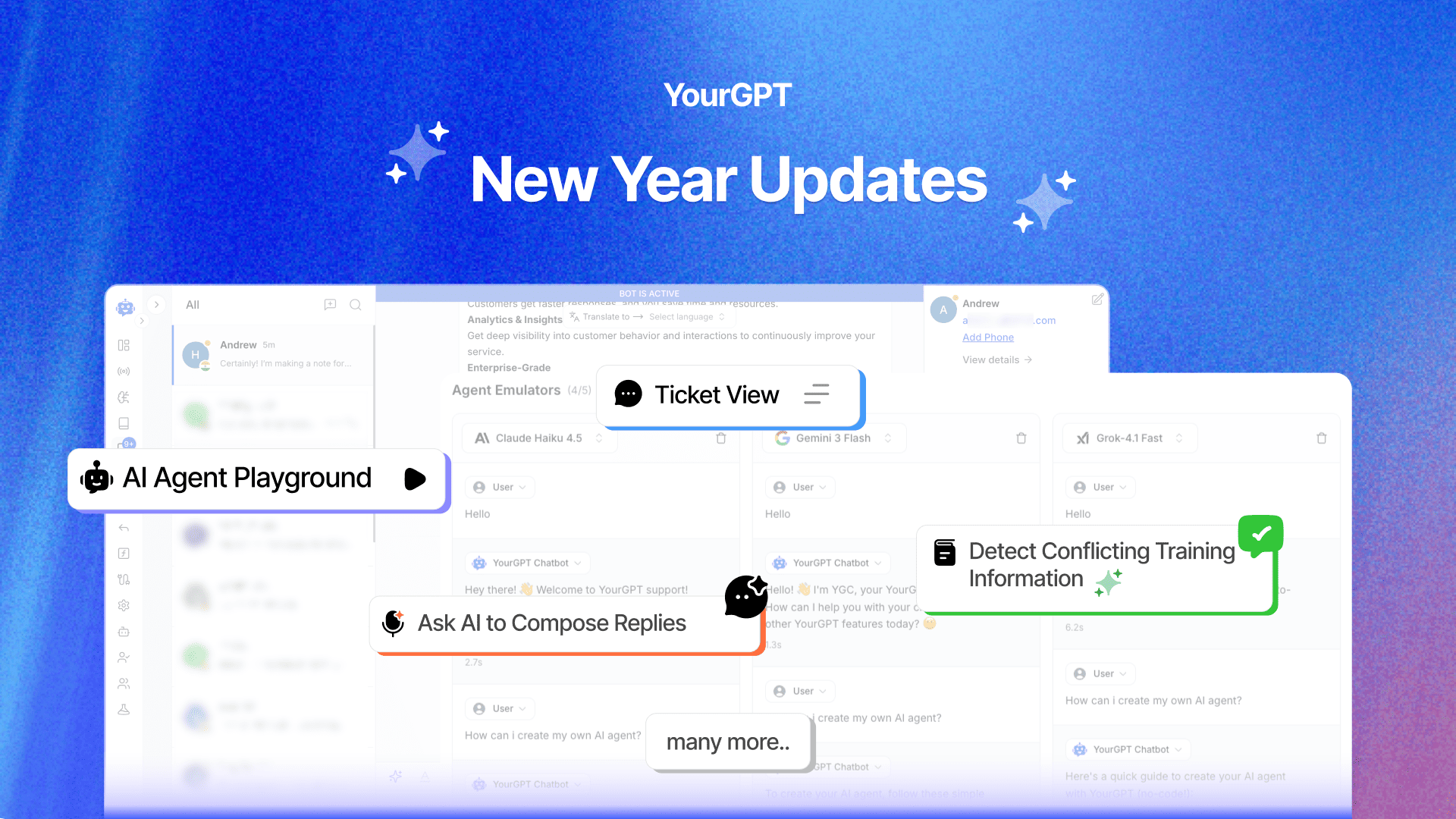This week in AI | Week 3


This week’s AI advancements include the launch of Chatbot Studio, Adobe’s new music production tool, and the Mistral AI-Microsoft partnership for cloud AI. These developments signify important progress in the application of artificial intelligence across different sectors. By introducing conversational AI agents, simplifying the music creation process, and enhancing cloud-based AI capabilities.
Chatbot Studio offers a platform for creating conversational AI agents that are both intelligent and interactive. This tool is designed to simplify the process of developing conversational agents through a visual flow editor, making it accessible even to those without coding expertise. For tasks that require more advanced capabilities, such as making API calls or executing code, Chatbot Studio provides the necessary features to dynamically enhance your AI agents.
Adobe has introduced Project Music GenAI Control, a new tool that uses generative AI to allow users to create music based on textual descriptions. This development represents a shift in the audio editing landscape, providing a novel approach to music production that combines creative freedom with precise control

The partnership between Mistral AI and Microsoft is a strategic initiative that highlights the importance of accessible, high-performance AI models. By integrating Mistral Large into the Azure platform, this alliance not only boosts Microsoft’s AI offerings but also makes advanced AI technologies more accessible, enabling developers and businesses to innovate and improve their services.
The recent advancements in AI this week highlight the ongoing dedication of the field towards developing technologies aimed at solving practical challenges. The innovations from Chatbot Studio, Adobe, and the Mistral AI-Microsoft collaboration showcase the versatile potential of AI to transform various sectors.

TL;DR YourGPT Copilot SDK is an open-source SDK for building AI agents that understand application state and can take real actions inside your product. Instead of isolated chat widgets, these agents are connected to your product, understand what users are doing, and have full context. This allows teams to build AI that executes tasks directly […]


Happy New Year! We hope 2026 brings you closer to everything you’re working toward. Throughout 2025, you’ve seen the platform evolve. We shipped the AI Copilot Builder so your AI could execute actions on both frontend and backend, not just answer questions. We added AI assistance inside Studio to help you generate workflows without starting […]


Grok 4 is xAI’s most advanced large language model, representing a step change from Grok 3. With a 130K+ context window, built-in coding support, and multimodal capabilities, Grok 4 is designed for users who demand both reasoning and performance. If you’re wondering what Grok 4 offers, how it differs from previous versions, and how you […]


OpenAI officially launched GPT-5 on August 7, 2025 during a livestream event, marking one of the most significant AI releases since GPT-4. This unified system combines advanced reasoning capabilities with multimodal processing and introduces a companion family of open-weight models called GPT-OSS. If you are evaluating GPT-5 for your business, comparing it to GPT-4.1, or […]


In 2025, artificial intelligence is a core driver of business growth. Leading companies are using AI to power customer support, automate content, improving operations, and much more. But success with AI doesn’t come from picking the most popular model. It comes from selecting the option that best aligns your business goals and needs. Today, the […]


You’ve seen it on X, heard it on podcasts, maybe even scrolled past a LinkedIn post calling it the future—“Vibe Marketing.” Yes, the term is everywhere. But beneath the noise, there’s a real shift happening. Vibe Marketing is how today’s AI-native teams run fast, test more, and get results without relying on bloated processes or […]
